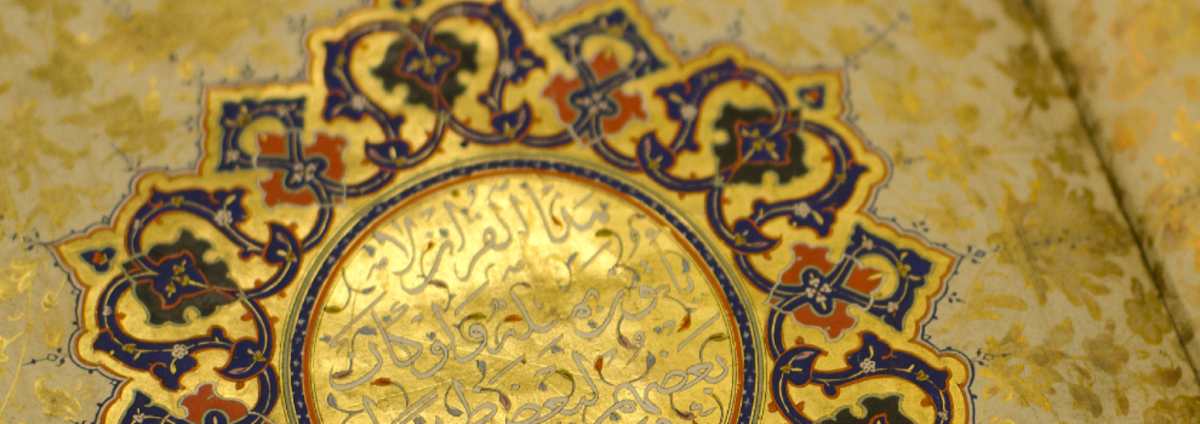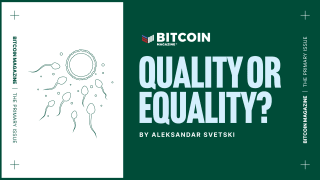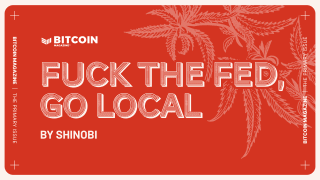
Islamic finance is well-known as a world full of rules and prohibitions that seem strange and foreign to western scholars. Interest rates, excessive risk-taking, and investments in products deemed unethical such as wine, weapons, and pornography are strictly prohibited. In fact, every potential product to be invested in has to be approved by religious board members of Islamic banks. Bitcoin is no exception.
Indeed, the financial climate around investing in Bitcoin is full of shadows in the Islamic world. No fatwa has been issued against the cryptocurrency, yet the final verdict on whether Muslims can invest in the cryptocurrency is still out. The bewildering array of legal systems scattered throughout the Muslim world doesn’t help, either.
There are four fundamental legal schools practiced throughout Islamic countries — Hanafi, Hanbali, Shafi’i and Maliki — each with different approaches to nearly every aspect of Islamic law. Further, each country has its own legal system, connected in different degrees with Shariah. For example, the civil code in Egypt is mostly based on the Napoleonic Civil Code, but some branches of jurisprudence are influenced by Shariah, such as family law. By contrast, Saudi Arabia has a legal system completely Shariah-based, with great importance given to Hanbali’s ideas.
So, is there any hope for the Islamic world climbing aboard the Bitcoin train? Fortunately, several aspects of the cryptocurrency may lend itself to approval by Islamic authorities.
First, Bitcoin is not an inflationary currency like most others. Islamic law scholars have been disappointed by governments’ greedy use of inflation for decades, perhaps positing Bitcoin in a positive position for adoption. Shah Nawaz Khan, Retired Executive Director of State Life Insurance Corporation of Pakistan, has claimed that printing currency without any base is a modern kind of riba — one of the Several heinous sins that include murder, unlawfully taking orphans’ money and polytheism among others.
To quote the scholar Imran Hosein:
Some scholars of Islam argue that mankind is free to use anything, even a grain of sand, as money. They then go on to declare that there is no prohibition to printing paper for use as money and then assigning any value to the paper. Our response is that only Allah Most High isal-Razzaq, the Creator of wealth. Whoever attempts to assume the divine prerogative by creating wealth out of paper, or arbitrarily assigning to grains of sand a value quite different from their natural value, would be guilty of Shirk (Idolatry).
One of the most common objections to Bitcoin is that this virtual currency has no inherent value. The charge is mostly based on the idea that a real currency needs a material good, or an authority, that guarantees the value. However, even governments no longer guarantee the value of money, as is the case in the United States since President Richard Nixon took the country off the gold standard.
Many Bitcoin enthusiasts have explained in great lengths why this charge is not true. There are at least two things which make bitcoin a valuable currency: its small transaction costs and anonymity. Without any kind of authority bitcoins gained value on the basis of these characteristics. Although Bitcoin may not be compliant with Sharia Law to these ends, since they are not gold (or similar material) nor connected with gold, neither are dollars.
Finally, Bitcoin could be attractive to the Islamic world because of its decentralized nature. Muslims have long been uncomfortable with centralized power, as Diane Singerman explains in her book Avenues of Participation. Bitcoin’s peer-to-peer nature fits nicely with this decentralized mindset.
Naturally, every single Muslim country will institute different kinds of laws about Bitcoin because of the legislative variation that exists in the Islamic world. The four different legal schools of thought will provide different answers. However, the fact remains that the Islamic banking market cannot avoid the Bitcoin question much longer. Even if the matter is not crystal clear, it is necessary to face it.
This is a guest post by Vittorio Nigrelli who is a Young Voices Advocate studying history at the University of Turin.










